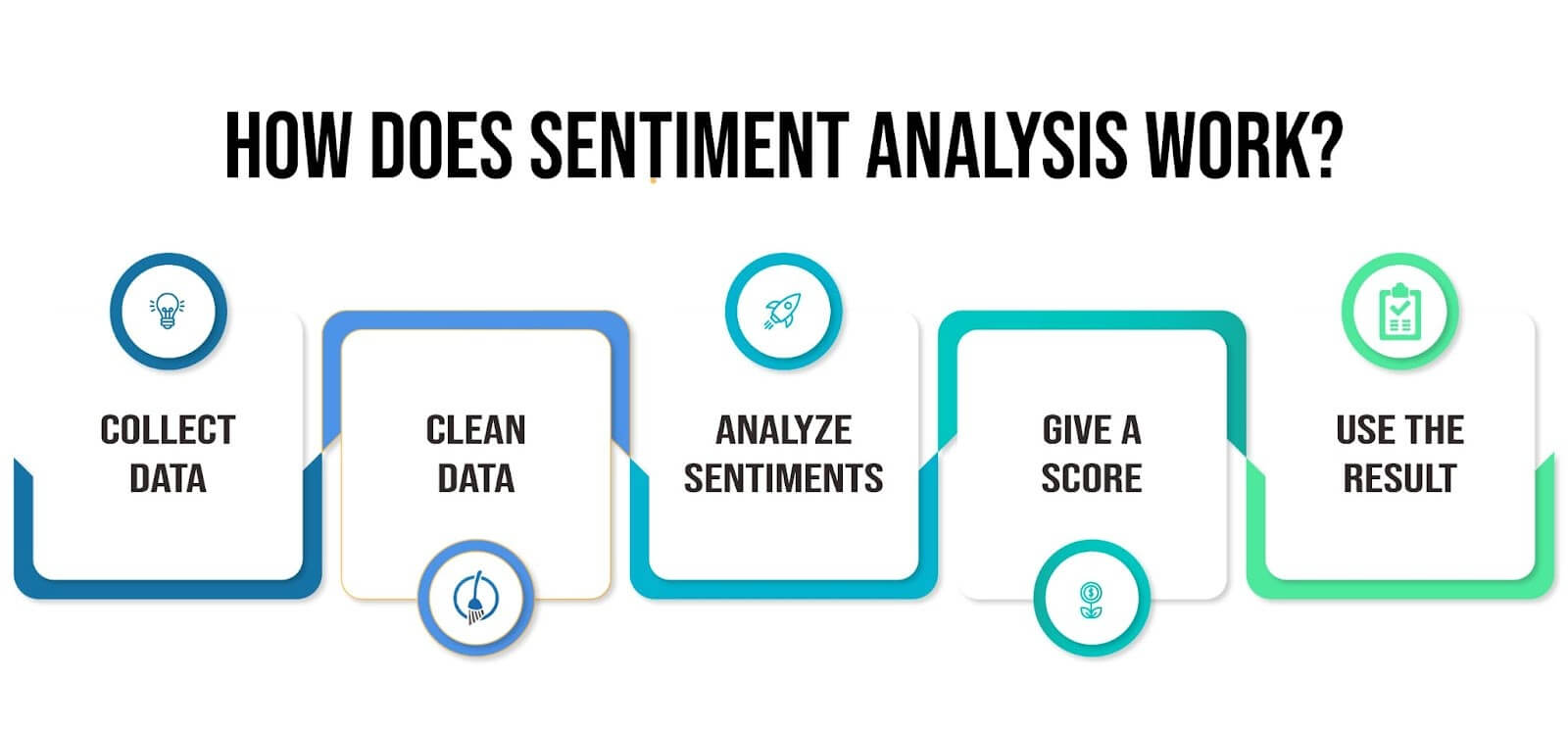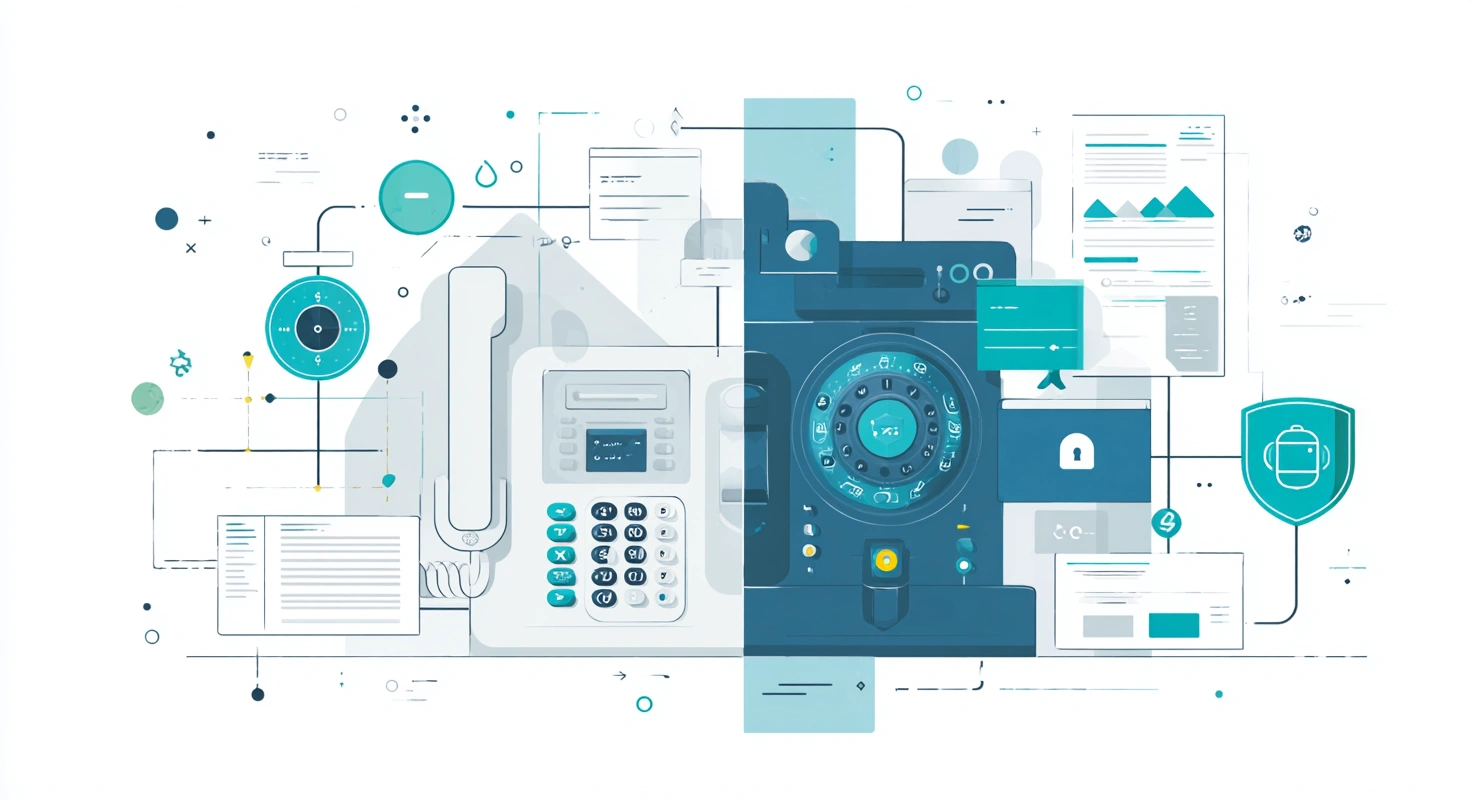Quality Assurance (QA) is a fundamental pillar of organizational success, ensuring that products or services consistently meet established quality standards. It's a comprehensive process that involves careful monitoring, evaluation, and continuous improvement. In this blog post, we will embark on a journey into the realm of Quality Assurance Teams, delving into their crucial roles, intricate processes, tangible benefits, and the essential tools and training required for achieving excellence.
Let Convin be your guide for establishing a successful QA team.
The Essence of Quality Assurance
At its core, Quality Assurance is the systematic approach that organizations adopt to maintain and enhance the quality of their products or services. It's a commitment to delivering excellence, ensuring that what you offer consistently exceeds customer expectations.
Let's now shift our focus to the pivotal roles that Quality Assurance Teams play within an organization.
Roles of Quality Assurance Teams
Quality Assurance Teams, often referred to as QA teams, are the architects of quality within an organization. They play multifaceted roles that include.
1. Monitoring and Evaluation
QA teams meticulously monitor and evaluate various processes, procedures, and workflows across the organization to ensure adherence to predefined quality standards.
2. Setting Standards
They are the custodians of quality standards, defining and maintaining guidelines that act as a North Star for all employees. These standards encompass everything from product specifications to customer service protocols.
3. Quality Control
QA teams employ a range of techniques, including inspections, audits, and testing, to control and verify that products or services align with the established quality standards. They spot deviations and collaborate with teams to rectify any issues.
Suggested Read: How automation transforms QA?
4. Feedback and Coaching
QA analysts provide constructive feedback to individuals and teams based on their evaluations. This feedback is instrumental in guiding employees toward improving their performance.
5. Process Improvement
A central responsibility of QA teams is to identify areas where processes can be improved. They act as change agents, working on refining and optimizing processes to enhance efficiency and effectiveness continually.
Having explored the pivotal roles of Quality Assurance Teams in call centers, let's now shift our focus to understanding the essential requirements that pave the way for unlocking excellence in QA operations.
Unlocking Excellence: The Essential Requirements for QA Teams in Call Centers.
In the dynamic world of call centers, where customer interactions are the heartbeat of operations, the pursuit of excellence is a constant endeavor. Quality Assurance (QA) teams stand as the linchpin between customer satisfaction and operational efficiency. They are the sentinels of service quality, the architects of exceptional experiences, and the catalysts for continuous improvement.
Behind every successful QA program lies a well-equipped team armed with the proper hardware, software, training, and insights.
.avif)
With a thorough understanding of the essential requirements for QA teams in call centers, let's seamlessly transition our focus to the practical aspects of implementing the Quality Assurance process.
This blog is just the start.
Unlock the power of Convin’s AI with a live demo.

Navigating the Implementation of Quality Assurance Process
We delve into the actionable steps and strategies that organizations can employ to elevate their QA efforts to new heights. This phase is all about turning theory into practice and ensuring that quality becomes an ingrained part of our daily operations.
To implement a robust Quality Assurance program within your organization, consider these pivotal steps:
1. Define Objectives
Begin by clearly defining your QA objectives. What aspects of your products or services require improvement, and what specific quality goals are you striving to achieve?
2. Set Standards
Establish comprehensive quality standards that adhere to the SMART criteria—Specific, Measurable, Achievable, Relevant, and Time-bound. These standards should serve as a beacon guiding your organization toward quality excellence.
3. Process Documentation
Document all relevant processes and procedures comprehensively. Make these documents easily accessible to all team members, ensuring transparency and clarity in operations.
4. Monitoring and Evaluation
Implement state-of-the-art tools and systems for real-time monitoring and evaluation. It empowers your organization to track performance metrics, identify issues promptly, and drive data-driven decisions.
5. Training
Invest in comprehensive training programs for QA analysts and employees across various departments. Continuous training ensures that everyone understands and follows the established standards while staying updated with evolving requirements.
Suggested Read: Checklist for Creating a Successful QA Team.
As we conclude our exploration of the intricate process of implementing Quality Assurance, let's now turn our attention to the abundant benefits it yields in the realm of call centers. Let's shift our focus from the framework of QA to the remarkable outcomes it generates.
The Bountiful Harvest of QA Team in Call Centers!
Quality Assurance (QA) is a critical component of call center operations, and its benefits extend far beyond mere monitoring and evaluation. An in-depth understanding of the advantages of QA in call centers can help organizations appreciate its role in delivering exceptional customer experiences and driving overall success.
Here are the benefits of QA in call centers explained in detail
1. Improved Customer Satisfaction
- QA ensures that call center agents consistently provide high-quality service.
- Agents adhere to standardized scripts, procedures, and quality standards, leading to more consistent and satisfying interactions with customers.
- Satisfied customers are more likely to remain loyal and promote the brand through positive word-of-mouth.
2. Enhanced Agent Performance
- QA provides valuable feedback and coaching to agents based on evaluations and call monitoring.
- Agents receive specific insights into their strengths and areas needing improvement, leading to personal and professional growth.
- Continuous training and development help agents become more effective in addressing customer needs.
3. Consistency Across Interactions
- QA ensures that all customer interactions, regardless of the agent handling them, align with established quality standards.
- Consistency in communication and service delivery reinforces the brand image and builds trust with customers.
4. Operational Efficiency
- QA identifies bottlenecks and inefficiencies in call center processes.
- Streamlining operations based on QA findings reduces operational costs and increases productivity.
- This efficiency improvement can lead to shorter wait times for customers and quicker issue resolution.
5. Data-Driven Decision-Making
- QA generates real-time insights and data on customer interactions.
- Analysis of QA data helps call centers make informed decisions and adjustments to improve customer service and operational effectiveness.
- Patterns and trends identified through QA data can inform strategic planning and resource allocation.
6. Compliance and Risk Mitigation
- QA ensures that agents comply with regulatory requirements, industry standards, and company policies.
- This reduces the risk of non-compliance, regulatory fines, and legal issues.
- Documentation of compliance through QA processes provides a clear audit trail.
7. Customer Retention and Loyalty
- High-quality customer service, facilitated by QA, leads to greater customer retention.
- Loyal customers are more likely to continue using the company's products or services, reducing customer churn and acquisition costs.
8. Brand Reputation Management
- Consistent and high-quality interactions contribute to a positive brand reputation.
- Word-of-mouth marketing from satisfied customers enhances the company's image.
- Conversely, negative experiences can be identified and addressed promptly through QA, preventing damage to the brand.
9. Employee Satisfaction and Motivation
- QA recognizes and rewards excellence in agent performance.
- Agents who receive positive feedback and see their growth opportunities are more motivated and engaged in their work.
- Higher employee satisfaction reduces turnover rates and hiring costs.
10. Customer Insights and Feedback Loop
- QA captures direct feedback from customers through call interactions.
- This feedback can be used to make product or service improvements and refine customer support strategies.
- A closed-loop system enables call centers to address issues proactively and enhance the customer experience.
Quality Assurance in call centers is not just about ensuring compliance; it's a strategic approach that directly impacts customer satisfaction, agent performance, operational efficiency, and the overall success of the organization. Embracing QA as a central part of call center operations can lead to a more robust customer-centric approach and sustainable growth.
Build a Quality Assurance Team With Convin!
Convin offers innovative products designed to assist call center Quality Assurance (QA) teams in enhancing their performance and achieving better outcomes.
Let's explore how Convin's products can benefit QA analysts through a series of critical points:
1. Automated Call Monitoring
- Convin's products employ advanced speech recognition and natural language processing (NLP) technologies to automate the monitoring of customer-agent interactions.
- QA teams can save time by leveraging automation to review a larger volume of calls, focusing on high-priority interactions.

2. Agent Training and Development
- Convin's products aid in the continuous training and development of call center agents.
- QA teams can identify agent strengths and areas for improvement more precisely, allowing for tailored training programs.
3. Compliance Monitoring
- Convin helps QA ensure regulatory compliance by flagging potential violations or deviations from compliance standards.
- This reduces the risk of regulatory fines and legal issues for the organization.
Convin's products empower call center QA analysts by automating and enhancing the monitoring, evaluation, and analysis of customer-agent interactions. These tools not only streamline the QA process but also provide real-time insights, customized evaluation criteria, and the ability to drive agent training and compliance efforts more effectively.
By leveraging Convin's products, QA can play a more strategic role in improving call center performance and delivering exceptional customer experiences.
Are you curious? Get on a quick call to know more!
FAQ
1. What does quality assurance do in a call center?
Quality Assurance (QA) in a call center involves monitoring, evaluating, and improving customer interactions to ensure they meet established standards, enhancing customer satisfaction and operational efficiency.
2. What is the role of customer service quality assurance?
Customer service QA focuses on maintaining service quality by evaluating interactions, providing feedback, and optimizing processes, ultimately aiming to deliver exceptional customer experiences.
3. What does a quality assurance team leader do in a call center?
A QA team leader in a call center oversees QA analysts, sets QA goals, designs evaluation criteria, provides coaching, and ensures QA processes align with organizational objectives.
4. What are the 4 types of quality assurance?
- Proactive QA (preventive actions),
- Reactive QA (corrective actions),
- Call Monitoring QA (real-time evaluation), and
- Post-Interaction QA (after-call analysis).
5. What comes first, quality assurance or quality control?
Quality Assurance (QA) typically precedes Quality Control (QC), as QA focuses on preventing issues by setting standards and processes, while QC involves detecting and rectifying issues during or after production.









.avif)